I don’t remember the first time I saw Pulp Fiction.
I remember the second time, when I forced my friends to go.
Such is the creative disposition, forever plying the people in our lives with content. It’s not enough to like something; everyone else must bend to your obsession, too.
So it was in the fall of 1994. Pulp Fiction was out and the teenage world was abuzz. I saw it, and the very next night went to work on my friends with the zeal of the newly converted. Our friend Chris had something lined up for us with some girls. Did I mention that Chris was cooler than me? He didn’t care much about movies. They were, after all, just…movies.
“But these girls…”
His protestations were, to my addled mind, like whispers on the wind. Barely audible and quickly dismissed.
Girls? Girls?! I wanted to shake him by the lapels/old Maryland Lacrosse t-shirt. Did he have any idea what was going on inside that movie theater?!
As it happened, the world was beginning.
There, on the big screen, was proof that despite the be-practical admonishments of future-minded adults, life, in fact, was a movie. It needed some punching up, sure–a gunfight here, a monologue there, and of course, some really cool intro music. But for us young-old teenage movie freaks, always thinking in cinematic beats and wondering why corporeal life never quite measured up, here was the answer, provided by an actual adult with the exotic, eccentric, Hollywood name of Quentin Tarantino.
After the movie, I approached Chris with the satisfied air of a man proven irrefutably right. He dug it, sure, but…not like I did. Chris sells commercial real estate now; I’m still thinking about Pulp Fiction.
We’re still friends.
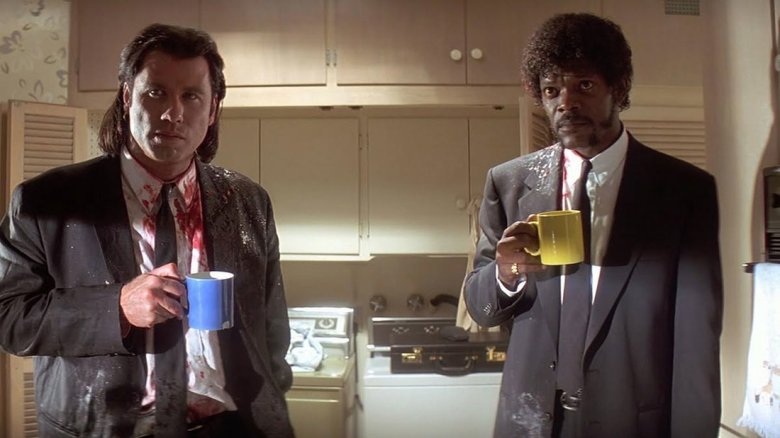
For a generation of creative kids, Pulp Fiction was the first movie that seemed to be made not for us, but by us.
Only not. There was nothing adolescent about it. It was self-assured and hip as all get out. But it shared our imagination. It had consumed culture the way we had and repurposed it into something wholly original and seriously satisfying. It was proof that we need not put away childish things; that they might, in fact, save our lives.
It went viral before that term applied to culture. Getting Medieval on someone’s ass was forever after a thing; “gimp” was an insult, even if no one quite knew what it meant; mention a “Royale With Cheese,” though, and people knew what you were talking about.
I always thought of Pulp’s release as an analogue to the arrival of Grunge, the other great cultural moment of my youth. It immediately rendered its contemporaries irrelevant and uncool. But Nirvana spoke to the alienated kids; Pulp was for the loquacious and self-conscious, those who see the funny in the pain. Tarantino’s work is not afraid to incorporate broad comedy beats; e.g. the famous Watch speech, or one of my favorite throwaway moments from True Romance, Elliott’s misheard instructions. If you’re gonna be funny, be funny. Fuck that kind of middlebrow comedy that is, to quote Pee Wee Herman, so funny I forgot to laugh. Go for it. Blow someone’s head off in the backseat and play it for laughs.
But let’s talk about ghost Elvis.
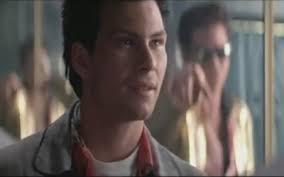
He shows up in True Romance, because of course he does. He counsels the main character to kill a pimp. Because of course he does.
Romance was Pulp’s tonal and thematic sibling. Like all of Tarantino’s work, it lived at the intersection of reality and fantasy, especially where notions of masculinity are concerned. Inserting the avatar of 20th Century American pop mythology as a Cheshire Cat-like unreliable mentor was ballsy, funny, entertaining as all hell and so much hipper than anything else being done at the time.
Of course, like Grunge, Tarantino’s ascendancy nearly rendered itself obsolete, so proliferate were the imitators. Post-grunge and post-Tarantino became genres unto themselves. For every Puddle of Mudd we suffered through, there was an equal and opposite Boondock Saints. None of them got it right, of course. How could they? The opening of Pulp Fiction–two hitmen having a verbose, funny, banal conversation before engaging in a little of the old ultraviolence–was so fresh and electric it could never be done again. Things To Do In Denver When You’re Dead? No, thanks. The Way Of The Gun? Please.
Teenagers know. They can smell authenticity from a mile off. Pulp was the only one that had Bad Motherf#%*er written all over it.

This is the final installment of On Finding Yourself In Movies, a 3-part series. Check out Part 1 and Part 2.
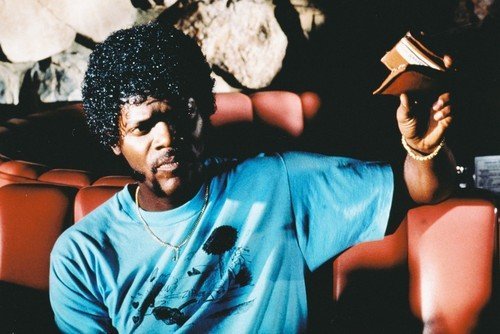
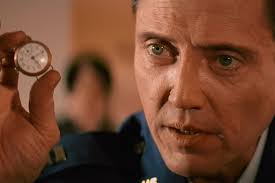
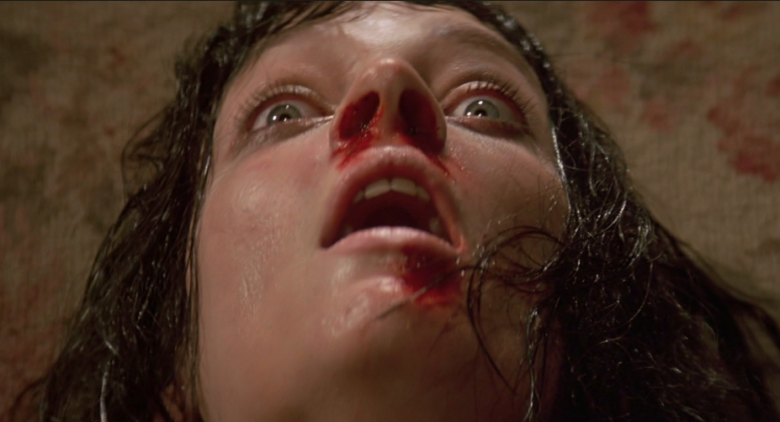

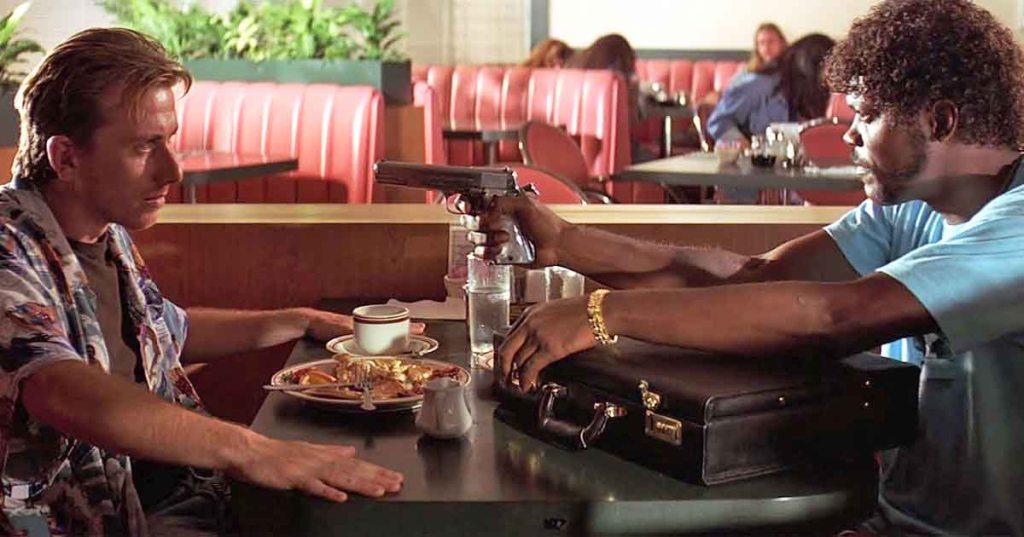
Quentin Tarantino is LEGENDARY!!! He is one of the very few directors that really knows how to tell a story using cinema as the medium. And I mean he really USES it– all of its special dimensionality, perspective, dialogue, motion… everything that makes a movie special, he uses to his advantage in fantastic storytelling. No Bullshit!
LikeLiked by 2 people
James he is not the only one who is an expert in dimensionality, perspective and motion. Is it any wonder this is what grabbed your eye–real recognize real!!
LikeLiked by 1 person